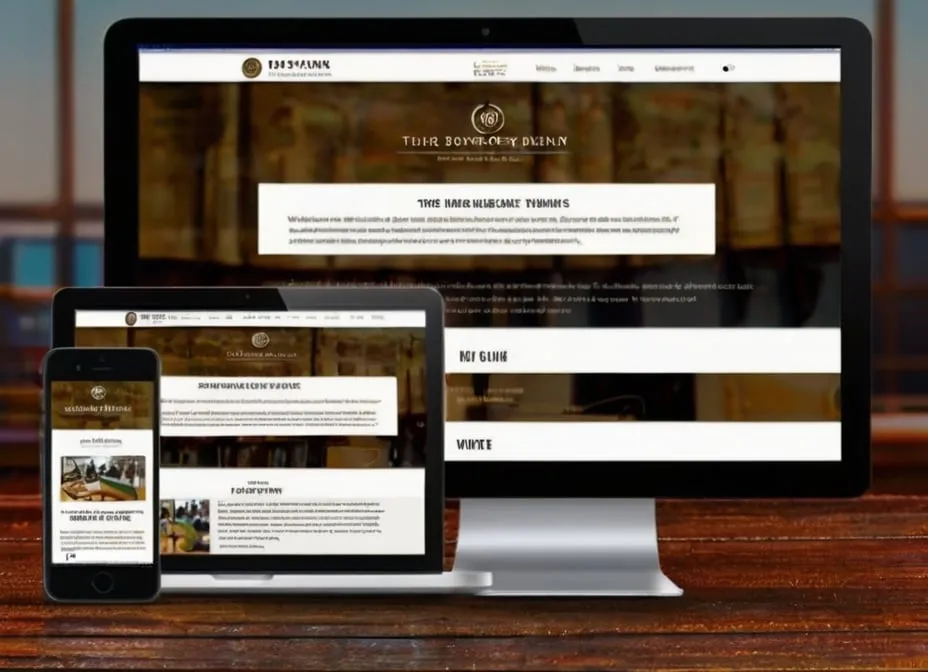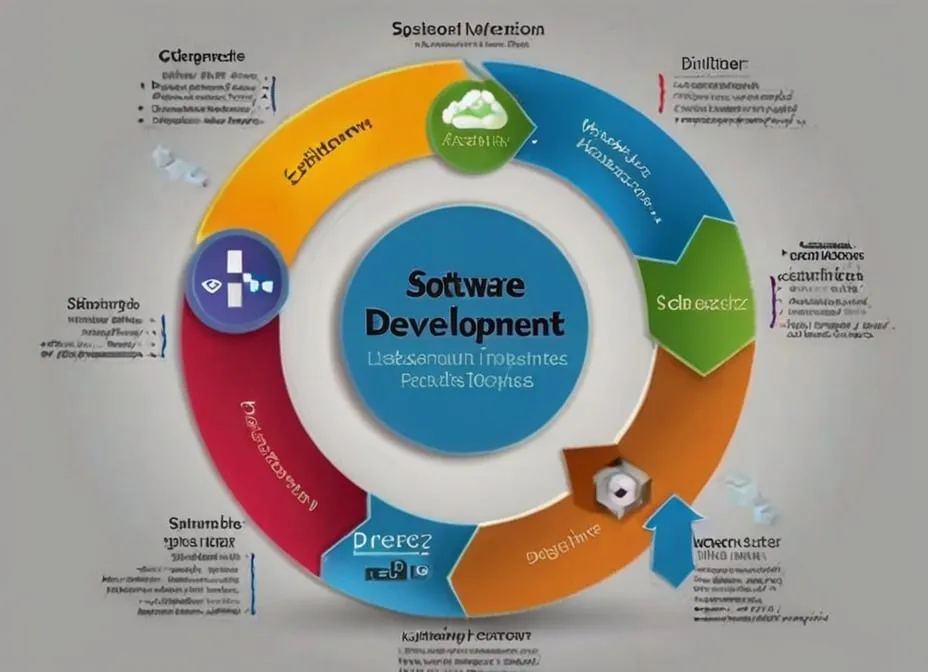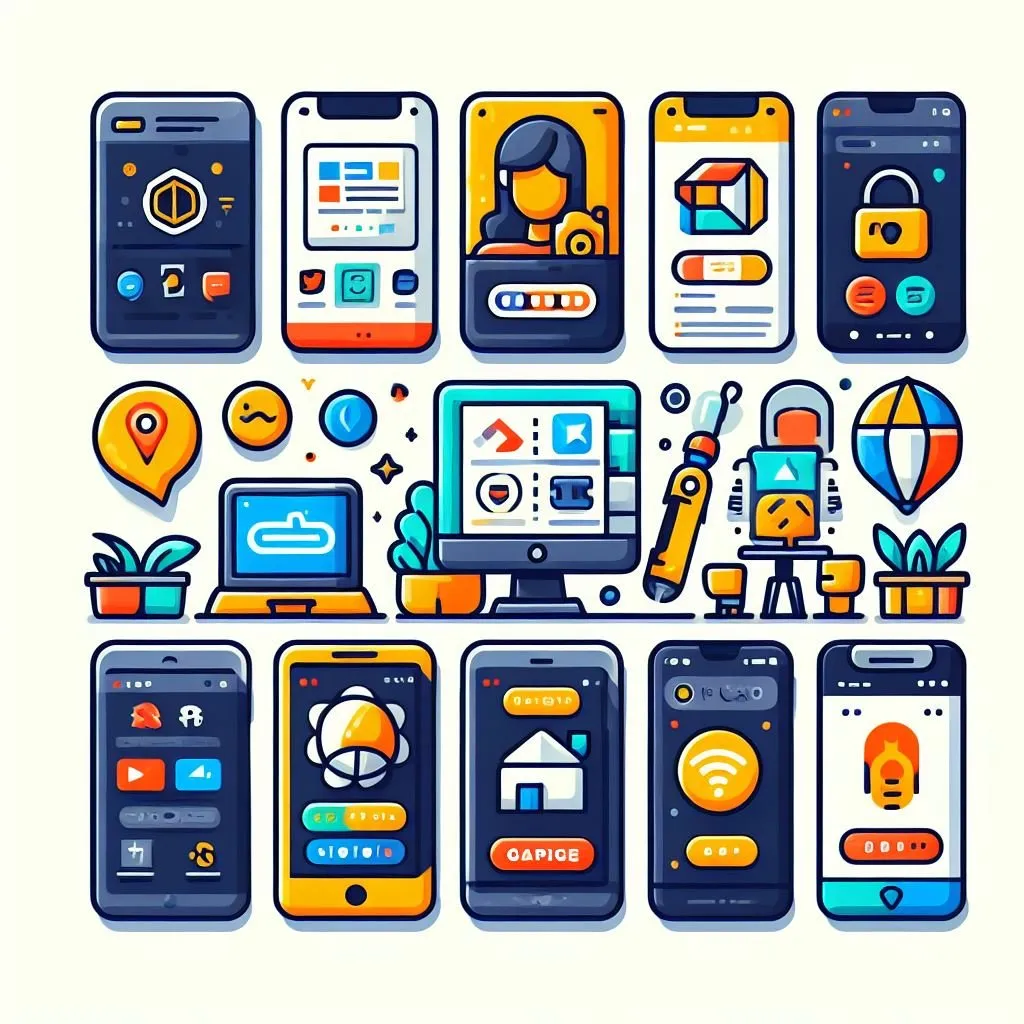Highest Paying Tech Jobs in Healthcare: A Lucrative Intersection of Fields
The healthcare industry is undergoing a massive transformation, driven in large part by the ever-evolving field of technology. From artificial intelligence (AI) that assists with diagnoses to telehealth platforms that revolutionize patient care, healthcare tech is rapidly changing the way we approach medicine. This surge in innovation has created a wealth of exciting and lucrative career opportunities for tech-savvy individuals who are passionate about making a difference in the healthcare landscape.
This comprehensive guide delves into the world of high-paying healthcare tech jobs, providing you with valuable insights into what these roles entail, the skills they require, and the steps you can take to land your dream position.
What is Healthcare Technology?
Definition and Scope
Healthcare technology, often abbreviated as health tech, encompasses a broad range of technological applications designed to improve healthcare delivery, streamline administrative processes, and enhance patient outcomes. It integrates various technological advancements, including:
- Artificial intelligence (AI) and machine learning (ML)
- Big data analytics
- Robotics
- Telehealth and telemedicine platforms
- Electronic health records (EHR) systems
- Wearable health devices
Examples of Healthcare Technology
Here are some real-world examples of how healthcare technology is making a positive impact:
- AI-powered diagnostics: AI algorithms are being used to analyze medical images like X-rays and MRIs, aiding doctors in early disease detection and improving diagnostic accuracy.
- Virtual reality (VR) in therapy: VR is being explored for treating phobias, anxiety disorders, and even post-traumatic stress disorder (PTSD), providing patients with a safe and controlled environment for exposure therapy.
- Remote patient monitoring: Wearable devices and telehealth platforms allow healthcare providers to remotely monitor patients with chronic conditions, enabling timely interventions and improved disease management.
Why Pursue a Tech Job in Healthcare?

High Salaries and Demand
The healthcare tech industry is booming, with a growing demand for skilled professionals. This translates to highly competitive salaries for those with the right qualifications and experience. According to a recent report by [insert credible source], healthcare technology jobs are projected to grow at a much faster rate than the average for all occupations in the coming years.
Career Stability and Growth
The healthcare industry is relatively recession-proof, meaning that even during economic downturns, the demand for healthcare services and, consequently, healthcare technology professionals remains steady. This translates to greater job security and stability for those working in this field.
Making a Positive Impact
A career in healthcare technology allows you to combine your passion for technology with the desire to positively impact people's lives. By working on innovative solutions, you can contribute to improving healthcare delivery, enhancing patient outcomes, and ultimately making a real difference in the world.
Top Paying Tech Jobs in Healthcare
The healthcare tech industry offers a diverse range of high-paying career paths for individuals with varying skill sets and interests. Here's a closer look at some of the most lucrative positions:
1. Artificial Intelligence (AI) and Machine Learning (ML) Experts
- Responsibilities and Skills: AI and ML experts play a pivotal role in developing and implementing AI-powered solutions for healthcare. They work on tasks like:
- Designing and training AI algorithms for tasks like image analysis, disease prediction, and drug discovery.
- Collaborating with healthcare professionals to understand clinical needs and translate them into actionable AI applications.
- Possessing a strong understanding of machine learning algorithms, deep learning techniques, and natural language processing (NLP).
- Having excellent analytical and problem-solving skills.
- Maintaining a keen eye on ethical considerations surrounding AI use in healthcare.
- Salary Range and Career Outlook: The salary for AI and ML experts in healthcare can vary depending on experience, location, and the specific role. AI engineers in healthcare can expect an average salary of over $140,000 per year in the US. The demand for AI expertise in healthcare is expected to surge in the coming years, creating a robust job market for qualified individuals.
2. Cybersecurity Specialists
- Responsibilities and Skills: With the increasing reliance on electronic health records (EHR) and other digital healthcare systems, cybersecurity specialists are vital for protecting patient data from cyberattacks. Their responsibilities include:
- Conducting vulnerability assessments and penetration testing to identify weaknesses in healthcare IT systems.
- Implementing security measures like firewalls, data encryption, and access controls.
- Staying up-to-date on the latest cyber threats and developing strategies to mitigate them.
- Possessing a strong understanding of cybersecurity principles and best practices.
- Having excellent communication and collaboration skills to work effectively with IT teams and healthcare professionals.
- Salary Range and Career Outlook: The cybersecurity field offers competitive salaries, and healthcare is a particularly lucrative specialty. Healthcare cybersecurity specialists in the US can earn an average salary exceeding $100,000 annually. With the ever-growing threat of cyberattacks on healthcare data, the demand for skilled cybersecurity professionals is expected to remain high.
3. Healthcare Data Analysts
- Responsibilities and Skills: Healthcare data analysts play a crucial role in extracting valuable insights from the vast amount of data generated in healthcare settings. Their responsibilities include:
- Collecting, cleaning, and analyzing healthcare data from various sources like EHRs, wearables, and claims databases.
- Identifying trends and patterns in healthcare data to inform clinical decision-making, resource allocation, and population health management.
- Possessing strong analytical skills and proficiency in data analysis tools like SQL and data visualization software.
- Having a good understanding of healthcare terminology and coding systems.
- Effectively communicating complex data insights to healthcare stakeholders.
- Salary Range and Career Outlook: Healthcare data analysts are in high demand, and their salaries reflect this. Healthcare data analysts in the US can expect an average salary exceeding $80,000 per year. The demand for data-driven decision-making in healthcare is only expected to grow, creating ample opportunities for skilled data analysts.
4. Health IT Architects and Developers
Responsibilities and Skills: The backbone of any healthcare IT system is a team of skilled architects and developers. They are responsible for:
Designing, developing, and implementing healthcare IT systems, including EHRs, telehealth platforms, and patient portals.
Ensuring the functionality, scalability, and security of healthcare IT systems.
Staying current with the latest healthcare IT trends and technologies.
Possessing strong programming skills in languages like Java, Python, or C++.
Having a deep understanding of healthcare data standards and interoperability.
Effectively collaborating with healthcare professionals to understand their needs and translate them into technical solutions.
Salary Range and Career Outlook: With their specialized skillset, health IT architects and developers are highly sought-after in the healthcare tech industry. Health IT architects in the US can expect an average salary exceeding $120,000 annually. The demand for skilled healthcare IT professionals is expected to grow steadily, driven by the constant need to update and improve healthcare IT infrastructure.
5. Telehealth Technologies Specialists
Responsibilities and Skills: Telehealth technologies are revolutionizing patient care by enabling remote consultations and monitoring. Telehealth specialists play a crucial role in:
Designing, implementing, and maintaining telehealth platforms.
Ensuring the smooth integration of telehealth technologies with existing healthcare IT systems.
Providing training and support to healthcare providers on using telehealth technologies effectively.
Possessing a strong understanding of telehealth regulations and compliance requirements.
Having excellent communication and interpersonal skills to work effectively with healthcare professionals and patients.
Keeping up-to-date on the latest advancements in telehealth technologies.
Salary Range and Career Outlook: The rise of telehealth has created a growing demand for specialists who can manage and optimize these technologies. Telehealth specialists in the US can expect an average salary exceeding $90,000 per year. The telehealth market is projected to experience significant growth in the coming years, creating abundant opportunities for skilled professionals.
These are just a few examples of the many lucrative career paths available in healthcare technology. The specific skills and experience required will vary depending on the role, but a strong foundation in technology, coupled with an interest in healthcare, is a great starting point.
Landing Your Dream Job in Healthcare Tech
So, you're excited about the prospect of a rewarding career at the intersection of technology and healthcare? Here are some crucial steps to take to make your dream job a reality:

1. Educational Qualifications
While there's no single educational path for all healthcare tech jobs, a strong foundation in computer science, information technology, or a related field is typically a prerequisite. Depending on the specific role, you might consider pursuing a bachelor's degree in:
- Computer Science
- Information Technology
- Biomedical Engineering
- Health Informatics
Master's degrees in these fields, or even specialized programs in healthcare IT or data science, can further enhance your qualifications and make you a more competitive candidate.
2. Essential Skills and Certifications
Technical skills are undeniably important but don't underestimate the value of soft skills. Here's a well-rounded skillset that will make you stand out:
- Technical Skills: Programming languages (Java, Python, etc.), database management, software development methodologies, networking fundamentals.
- Analytical Skills: Data analysis, problem-solving, critical thinking.
- Communication Skills: Ability to explain complex technical concepts clearly and concisely, both verbally and in writing.
- Collaboration Skills: Ability to work effectively with healthcare professionals from diverse backgrounds.
- Attention to Detail: Meticulousness and accuracy are crucial in healthcare settings.
Industry-specific certifications can also demonstrate your commitment to the healthcare tech field. Consider pursuing certifications relevant to your chosen career path, such as:
- Certified Healthcare Information Systems Specialist (CHIS-SS)
- Certified Health Information Management (CHIM)
- Certified Professional in Healthcare Information and Management Systems (CPHIMS)
3. Building Your Network and Online Presence
Networking is key in any industry, and healthcare tech is no exception. Attend industry events, connect with professionals on LinkedIn, and participate in online communities related to healthcare technology. This will not only help you learn about the latest trends and job opportunities but also build valuable connections that can open doors down the line.
Additionally, cultivate a strong online presence by creating a professional website or online portfolio showcasing your skills and experience. You can even leverage platforms like GitHub to demonstrate your coding expertise through open-source projects.
4. Tips for Acing Your Job Interview
Once you land that coveted interview, here are some tips to ensure you make a lasting impression:
- Research the Company and Role: Demonstrate your genuine interest in the specific organization and the position you're applying for.
- Prepare Examples of Your Work: Be ready to showcase your skills and experience with concrete examples from your previous projects or academic work.
- Tailor Your Responses: Align your answers to the specific job description and highlight the skills and experience most relevant to the role.
- Ask Insightful Questions: Prepare thoughtful questions that demonstrate your understanding of the healthcare tech industry and your enthusiasm for the position.
- Dress Professionally and Maintain Positive Body Language: First impressions matter, so project confidence and professionalism through your attire and demeanor.
By following these steps and honing your skills, you can increase your chances of landing a fulfilling and lucrative career in the exciting world of healthcare technology.
Frequently Asked Questions (FAQ)
1. What are some of the challenges of working in healthcare technology?
The healthcare industry is highly regulated, and healthcare tech professionals need to be familiar with relevant regulations and compliance requirements. Additionally, keeping pace with the rapid advancements in technology can be demanding, requiring continuous learning and adaptation.
2. Is a background in healthcare necessary for a career in healthcare technology?
While a healthcare background can be beneficial, it's not always mandatory. Strong technical skills and a passion for healthcare are more important for many healthcare tech roles. However, some specialized positions might require an understanding of healthcare processes or medical terminology.
3. What are some of the soft skills that are most important for healthcare technology jobs?
Communication, collaboration, and critical thinking are essential soft skills for success in healthcare technology. The ability to work effectively with healthcare professionals who may not have a technical background is also crucial.
4. Is a career in healthcare technology a good fit for me?
If you're passionate about technology and want to make a positive impact on the healthcare industry, then a career in healthcare tech could be an excellent fit. It offers a combination of intellectual challenges, the potential to make a difference and competitive salaries.
5. Where can I find more information about healthcare technology jobs?
Many online resources list healthcare technology jobs. You can also explore job boards of major healthcare IT companies and professional organizations like the American Medical Informatics Association (AMIA).










